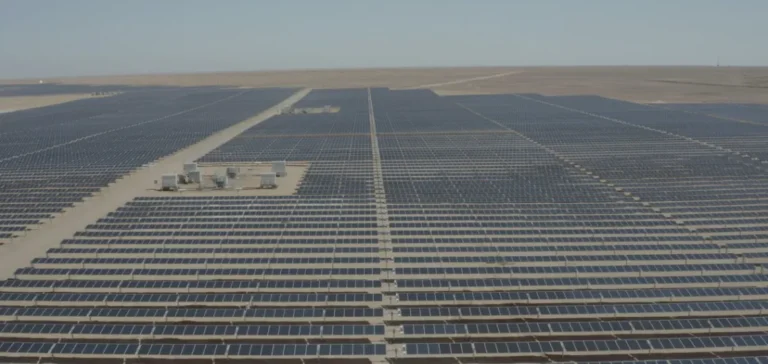The Jordanian Ministry of Energy and Mineral Resources reaffirmed its strategic partnership with Germany during a meeting held in Amman with a delegation from the Arab-German Chamber of Commerce and Industry. Minister Saleh Kharabsheh stated that the cooperation focuses on transferring German technologies in the areas of energy transition, electricity storage, and energy efficiency.
According to the ministry, ongoing work under the Jordanian-German Energy Partnership aims to support the modernisation of Jordan’s electricity sector. The minister noted that recent regulatory reforms are enabling wider integration of renewable energy, including the deployment of storage systems at the consumer level connected to the national grid.
Three projects totalling 400 megawatts planned by 2026
Secretary-General of the ministry, Amani Azzam, announced that Jordan has unveiled a 200-megawatt solar project, to be followed next year by two additional tenders: a 100-megawatt wind project and a 100-megawatt, four-hour battery storage installation. These projects align with the 2025–2035 national energy strategy and the planning of the National Electric Power Company.
Azzam invited German companies to take part in the upcoming tenders, stating that the current regulatory framework enables international operators to engage in the sector through partnerships or concessions. She also mentioned ongoing cooperation with the Deutsche Gesellschaft für Internationale Zusammenarbeit (GIZ) and the German Energy Agency (DENA) to strengthen energy efficiency across several industrial and commercial segments.
Deepening bilateral exchange in energy
The German delegation welcomed the established energy relations with Jordan, highlighting Germany’s technological expertise in renewable electricity production and energy storage. Representatives expressed their willingness to support the development of energy infrastructure projects in Jordan through private investments and technical assistance.
Minister Kharabsheh emphasised that the Jordanian market is experiencing favourable momentum for renewable energy investments, driven by structural reforms and a growing potential for local consumption. He noted that cooperation with Germany plays a key role in attracting advanced technologies and financing in this sector.






















